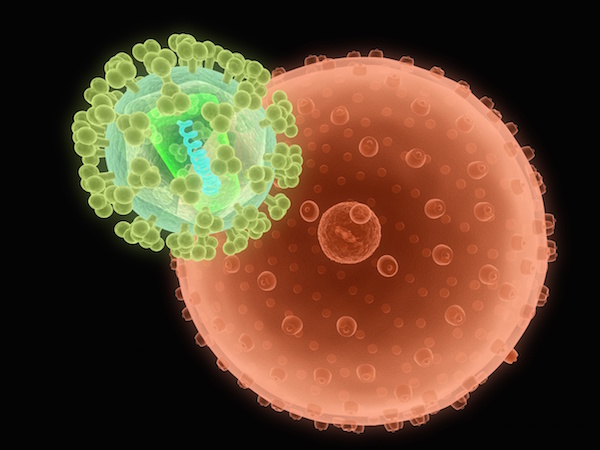
FRIDAY, June 18 (HealthDay News) — Many Hodgkin lymphoma survivors don’t receive recommended follow-up screening tests for other cancers, a new study finds.
“Most [Hodgkin lymphoma] patients are cured, but they can be at risk many years later of developing secondary cancers or other late effects of their initial treatment. This is why quality of follow-up care post-treatment is so important,” principal investigator Dr. David Hodgson, a radiation oncologist at the Princess Margaret Hospital Cancer Program in Toronto, Canada, said in a University Health Network news release.
He and his colleagues followed 2,071 survivors for up to 15 years after Hodgkin lymphoma diagnosis and found that 62.5 percent were not screened for colorectal cancer, 32.3 percent were not screened for breast cancer, and 19.9 percent were not screened for cervical cancer.
“Our results indicate that the optimal follow-up care did not happen, even though most patients had visits with both a primary care provider and an oncologist in years two through five. So there are opportunities to improve post-treatment surveillance for relapse and late effects” of treatment for Hodgkin lymphoma, Hodgson explained in the news release.
The researchers were particularly alarmed to find that no screening was done in 87.1 percent of young women survivors who were at potentially high risk of breast cancer because of the radiation therapy they had received for Hodgkin lymphoma.
The study also found that survivors had CT scans at a rate three times higher than that of the general population, sometimes up to 15 years after their initial diagnosis.
“It is not clear why the CT scans were ordered, but they certainly did not appear to be an efficient way to detect relapse, particularly this long after treatment was finished,” Hodgson said.
Most Hodgkin lymphoma patients never suffer a relapse, and those who do usually know that something is wrong before a doctor detects it, the study authors noted.
“Oncologists need to advise their patients what symptoms should prompt them to seek medical attention — and physicians have to be able to evaluate them in a timely way to decide if imaging is needed,” Hodgson said.
The study is published online and in the July print issue of the journal Cancer.
More information
The U.S. National Cancer Institute has more about Hodgkin lymphoma.

